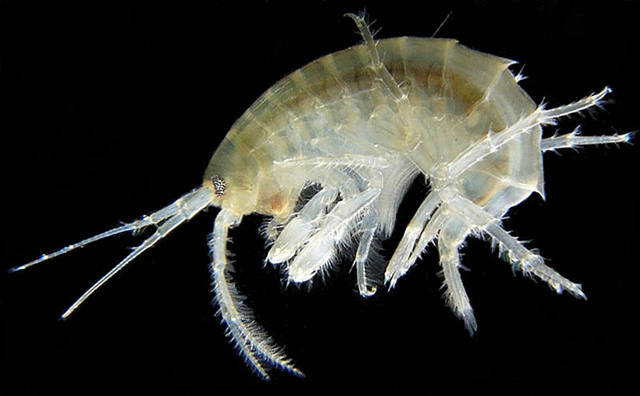Wiping out species decreases resilience to climate change
24 October 2012 (PhysOrg) – It is tragic whenever any species is lost. Now it appears that the impact of species loss is far-reaching, much more than previously thought. The symbiotic relationships that develop in the environment as a result of high biodiversity make ecosystems more resilient to change. The loss of a species can knock that ecosystem out of balance, weakening its resilience thereby making it more susceptible to events such as climate change. These findings were revealed in a new study from biologists at the University of Gothenburg in Sweden and published in the journal Ecology Letters. The impact of climate change is likely to be much worse if species are lost; this is the finding from a group of researchers. Their recently published study suggests that high biodiversity acts as an insurance policy for nature and society alike as it increases the likelihood that at least some species will be sufficiently resilient to sustain important functions such as water purification and crop pollination in a changing environment. “It’s the same principle as an investment portfolio – you’d be mad to put all your eggs in one basket,” says researcher Johan Eklöf. The researchers’ experiments with eelgrass meadows in shallow inlets on the west coast of Sweden reveal that climate change can exacerbate the negative effects of losing sensitive species, and that the insurance effect of biodiversity may be weaker than what we typically assume. Eelgrass meadows in shallow inlets are important nursery habitats for cod and since the early 1980s the prevalence of eelgrass has fallen dramatically along the Bohuslän coast. This is thought to be due, in part, to eutrophication – the response of an ecosystem to the addition of artificial or natural substances. When eutrophication occurs it favours mats of filamentous “nuisance” algae which shade and suffocate the eelgrass. The loss of cod in the area, in part has also resulted in a huge increase in numbers of smaller predatory fish. These predatory fish, in turn, reduce numbers of Grammarus locusta, herbivorous crustaceans which are effective grazers that normally control the filamentous algae. This type of cascade effect has become increasingly common not only in the world’s seas and oceans, but also on land and many types of predator have been wiped out by hunting or fishing. What worries the researchers is that theory and observations would indicate that these effects could magnify the effects of global warming, which favours heat-tolerant but grazing-sensitive plants such as filamentous algae. At the Sven Lovén Centre for Marine Sciences’ Kristineberg Marine Research Station on Gullmarsfjorden, researchers from the University of Gothenburg’s Department of Biology and Environmental Sciences have developed miniature ecosystems in outdoor aquariums and have been investigating how future ocean warming and ocean acidification could affect the balance between eelgrass and filamentous algae. The effects were unexpectedly clear and unambiguous: it was the diversity of algal herbivores that determined the extent to which the ecosystem was affected by warming and acidification. “High diversity meant that neither warming nor acidification had any real effect as the algae were eaten before they managed to grow and shade the eelgrass,’ says researcher and biologist Johan Eklöf, who headed up the study. ‘But when we simultaneously simulated the effects of fishing and removed the effective but vulnerable herbivore Grammarus locusta, the algae took over the ecosystem – especially in the warmer conditions.” […]
